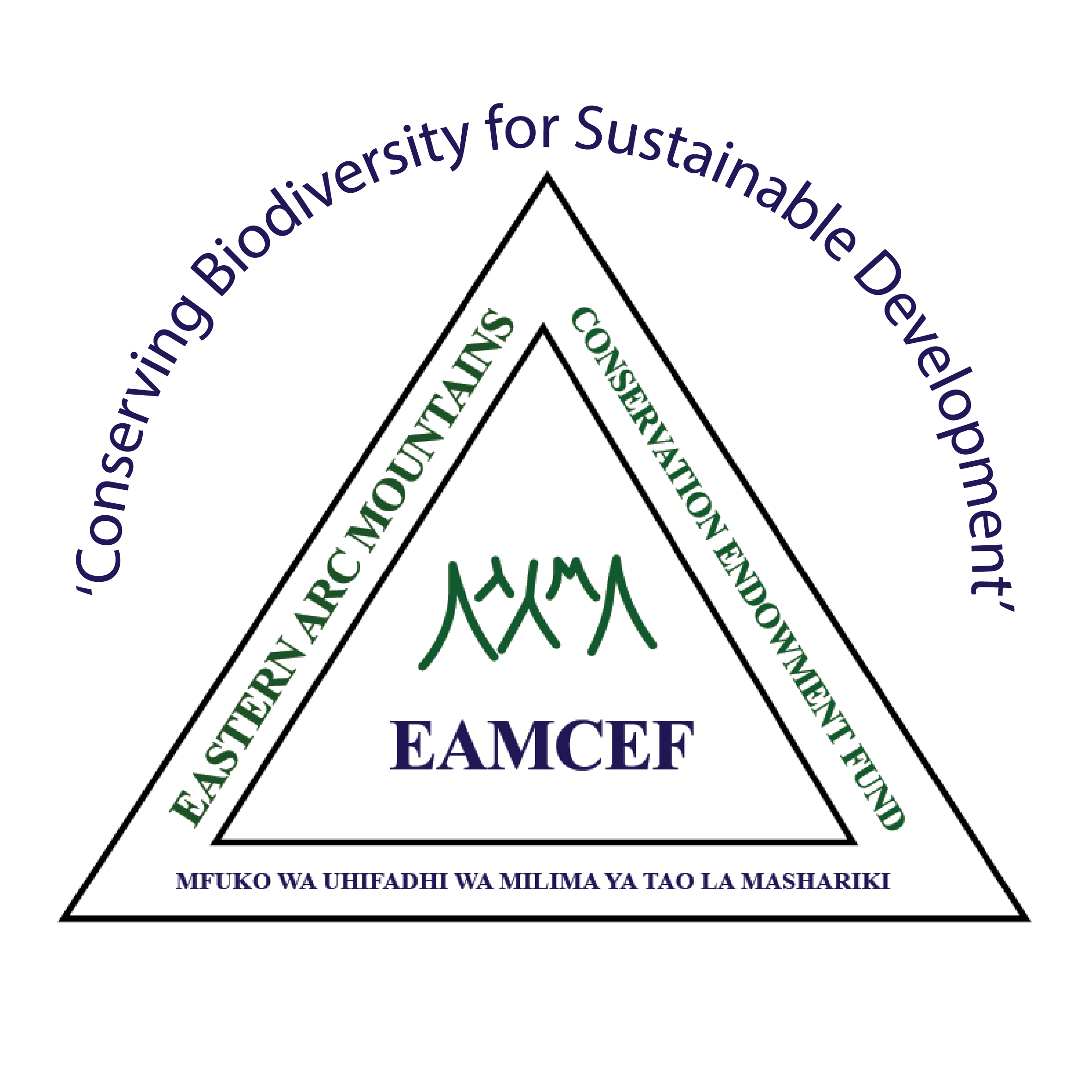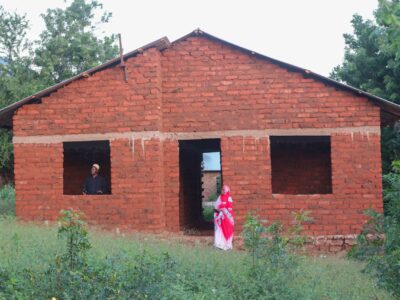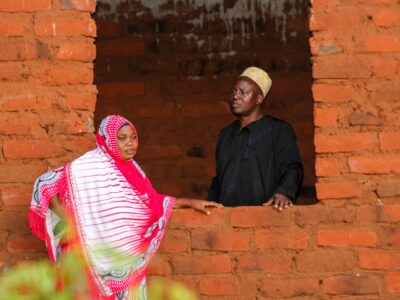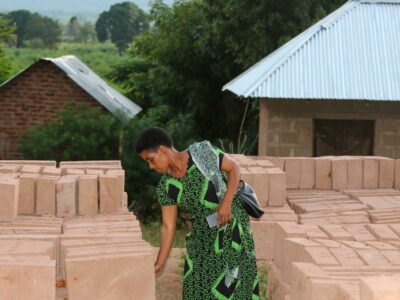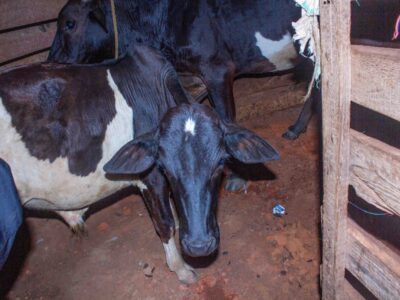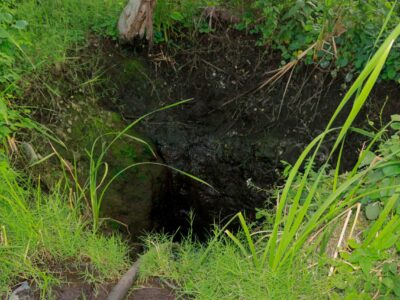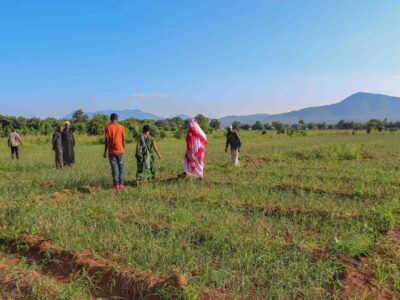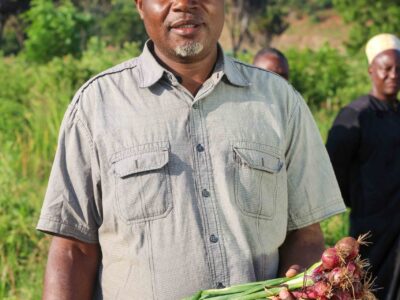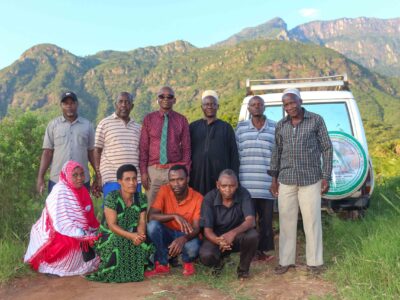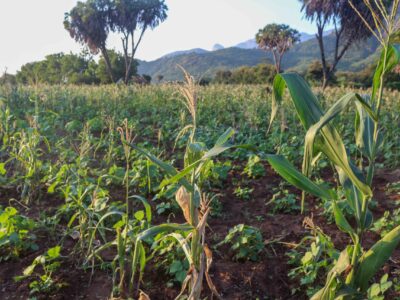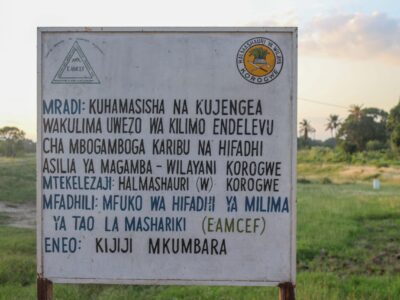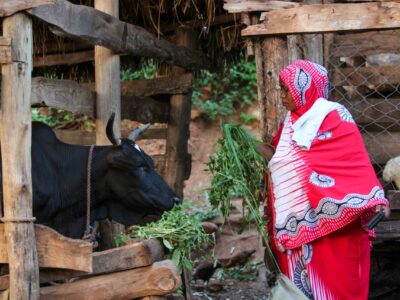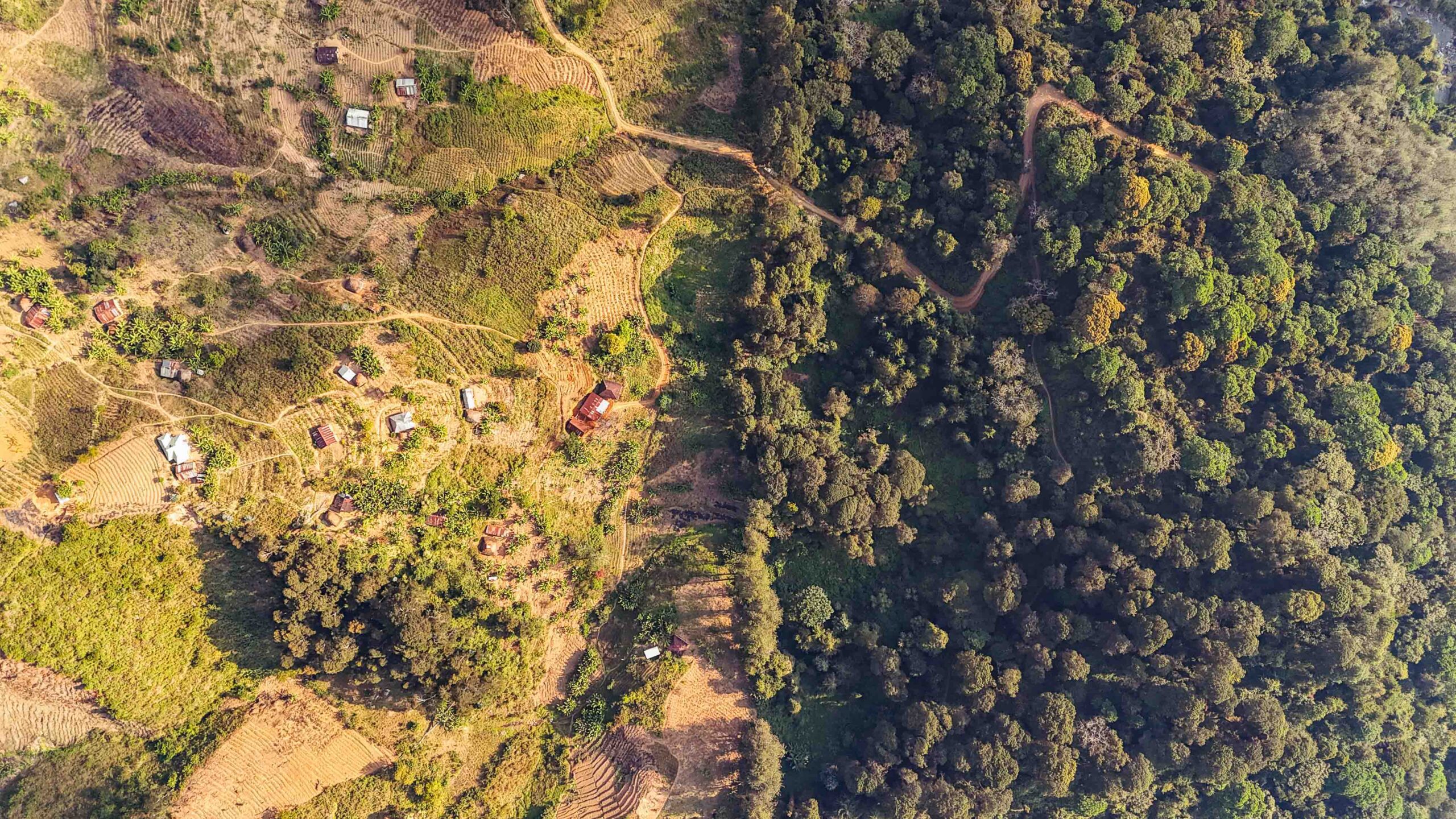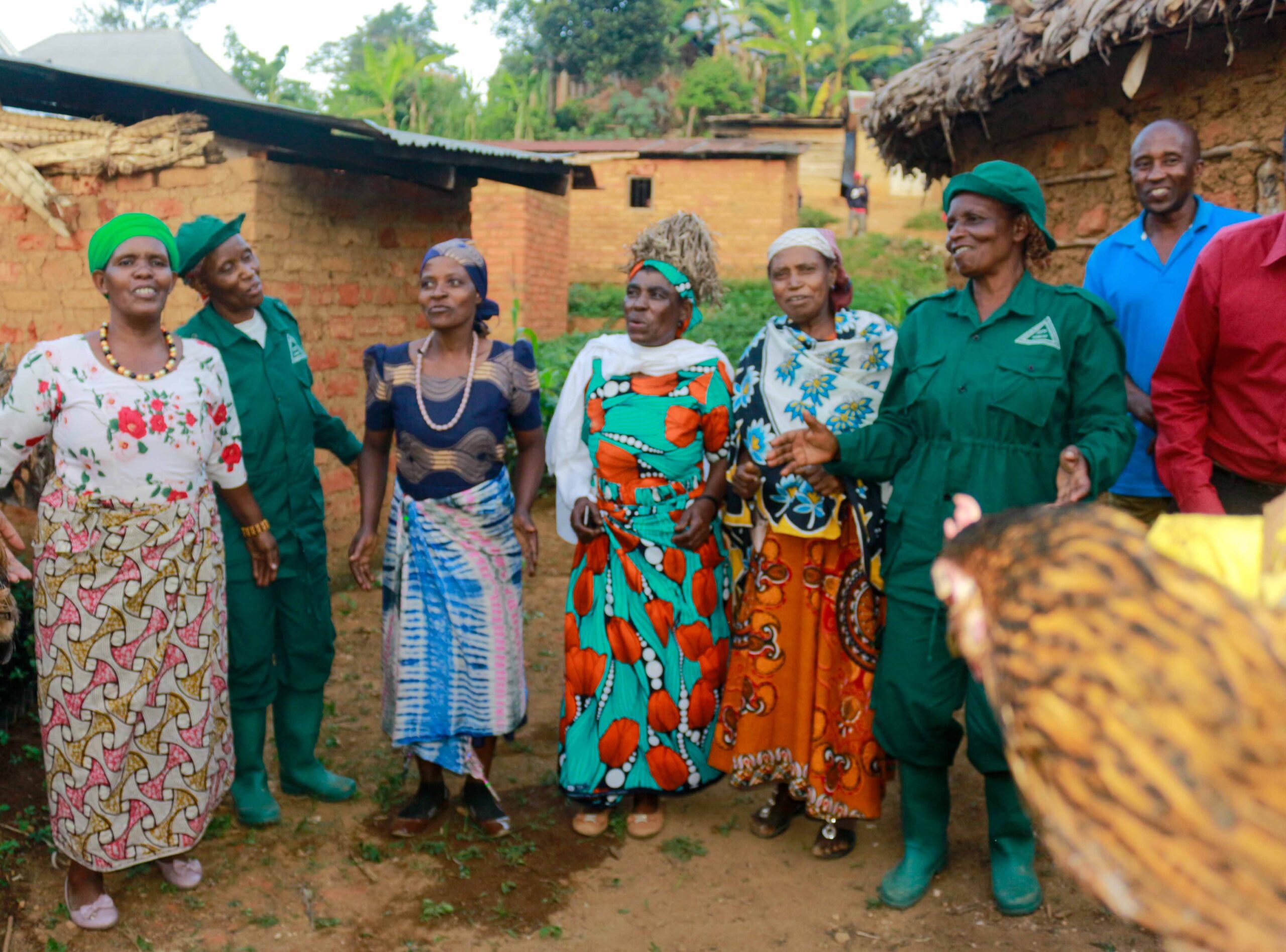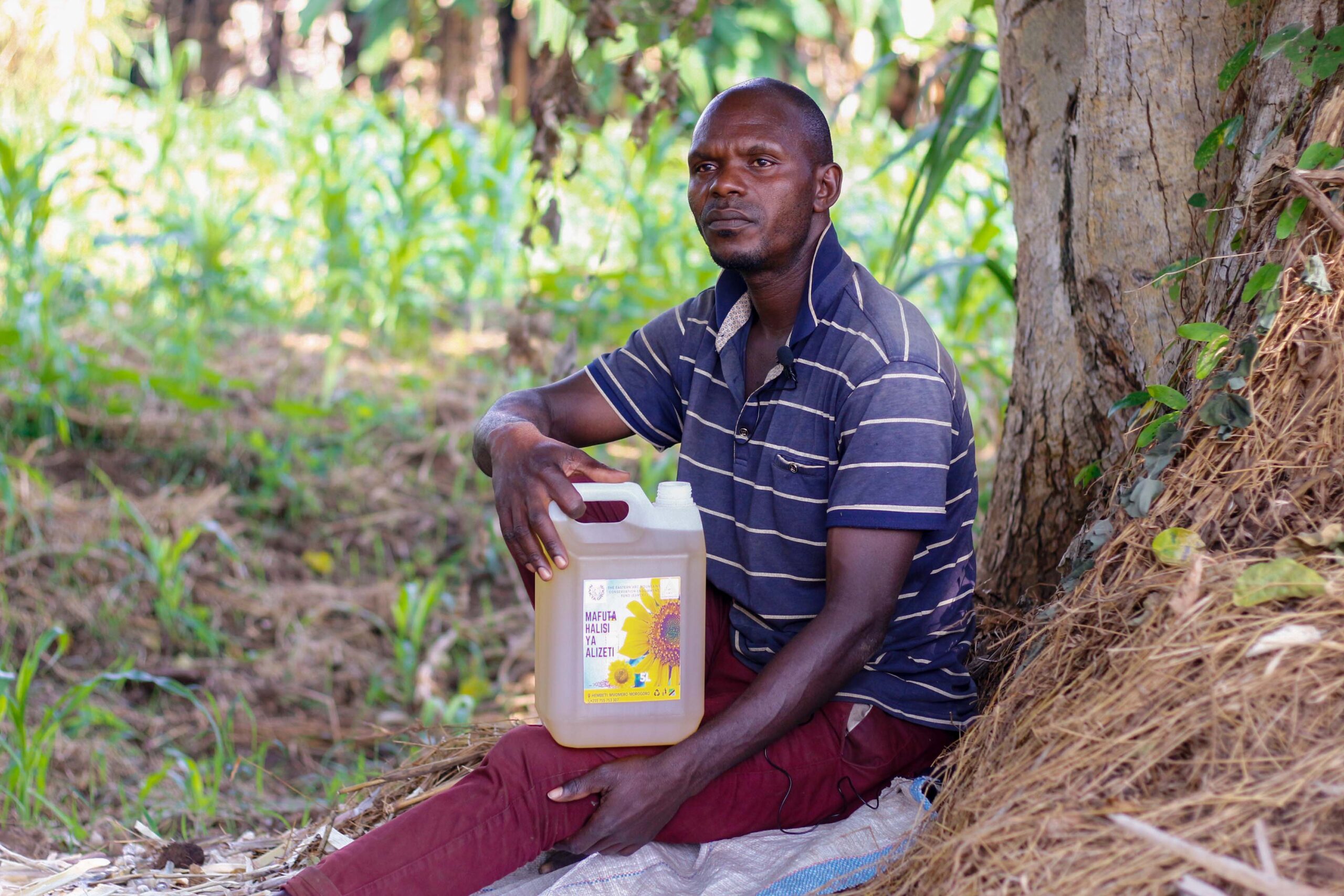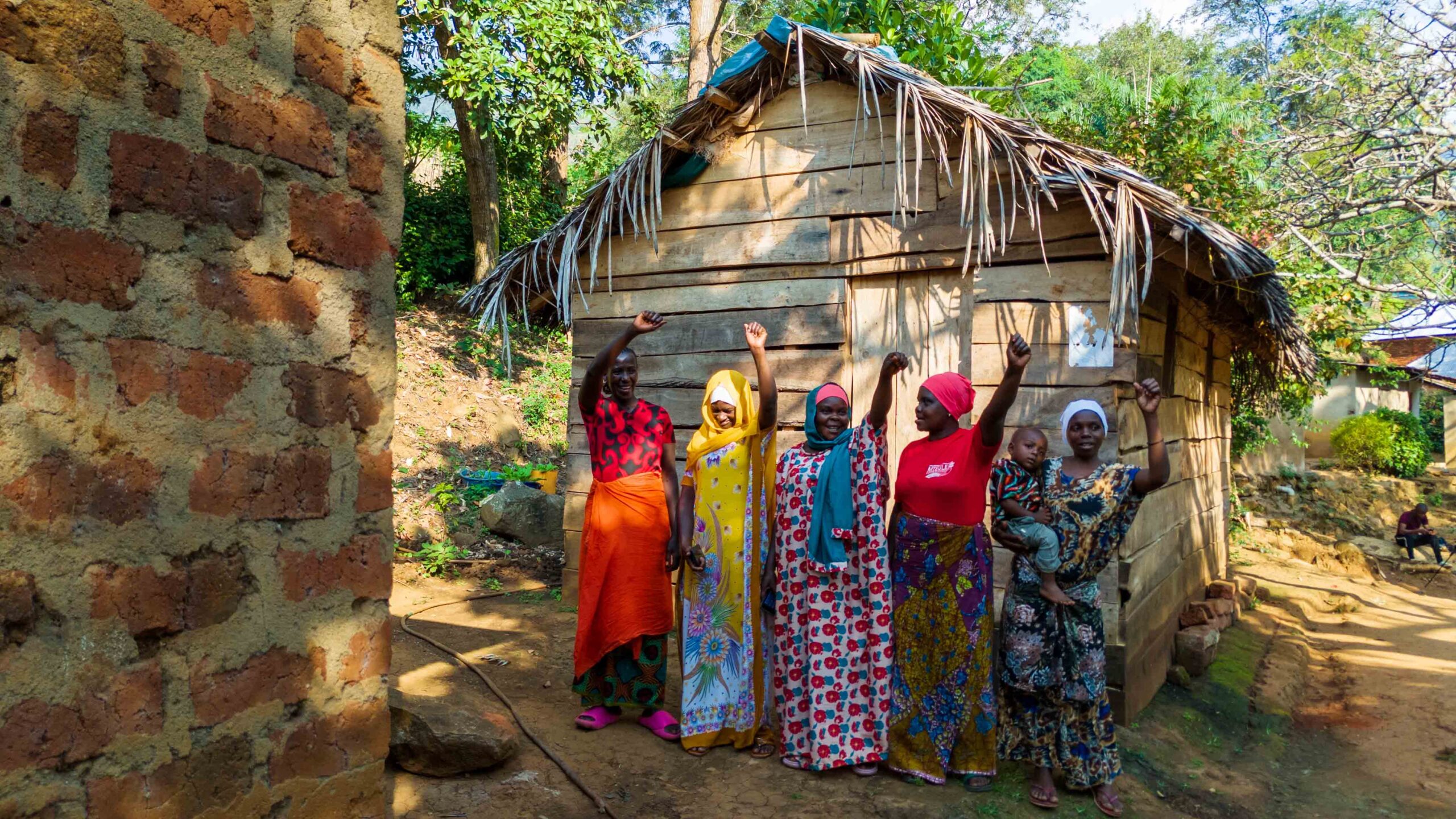Sustainable agriculture in Magila Village is reshaping the way local communities interact with their environment. For years, residents of Magila Village depended heavily on agriculture, but unsustainable practices such as burning the Magamba Nature Forest Reserve for farmland and extracting forest resources for income caused extensive environmental degradation.
With support from the Eastern Arc Mountains Conservation Endowment Fund (EAMCEF), the village has embraced sustainable agriculture in Magila Village through education and the provision of quality seeds. Farmers now cultivate vegetables like onions, beans, bell peppers, and mangoes without harming the forest ecosystem. This shift has led to new opportunities, including cattle farming and the acquisition of vital farming equipment like irrigation machines and water pumps.
The forest remains an essential water source for these agricultural activities, making its conservation critical. Thanks to EAMCEF’s environmental education initiatives, villagers understand the dangers of using fire in land preparation. As a result, the harmful practice has ceased, and the community has witnessed firsthand the benefits of conserving the Magamba Nature Forest Reserve.
The most notable outcome of this transition to sustainable agriculture in Magila Village is the significant reduction in forest destruction and the protection of biodiversity. The project has not only safeguarded the environment but also improved livelihoods by diversifying income sources and enhancing the community’s quality of life.
The success of sustainable agriculture in Magila Village now serves as a regional model, demonstrating how conservation and economic development can go hand in hand through environmentally friendly practices.
